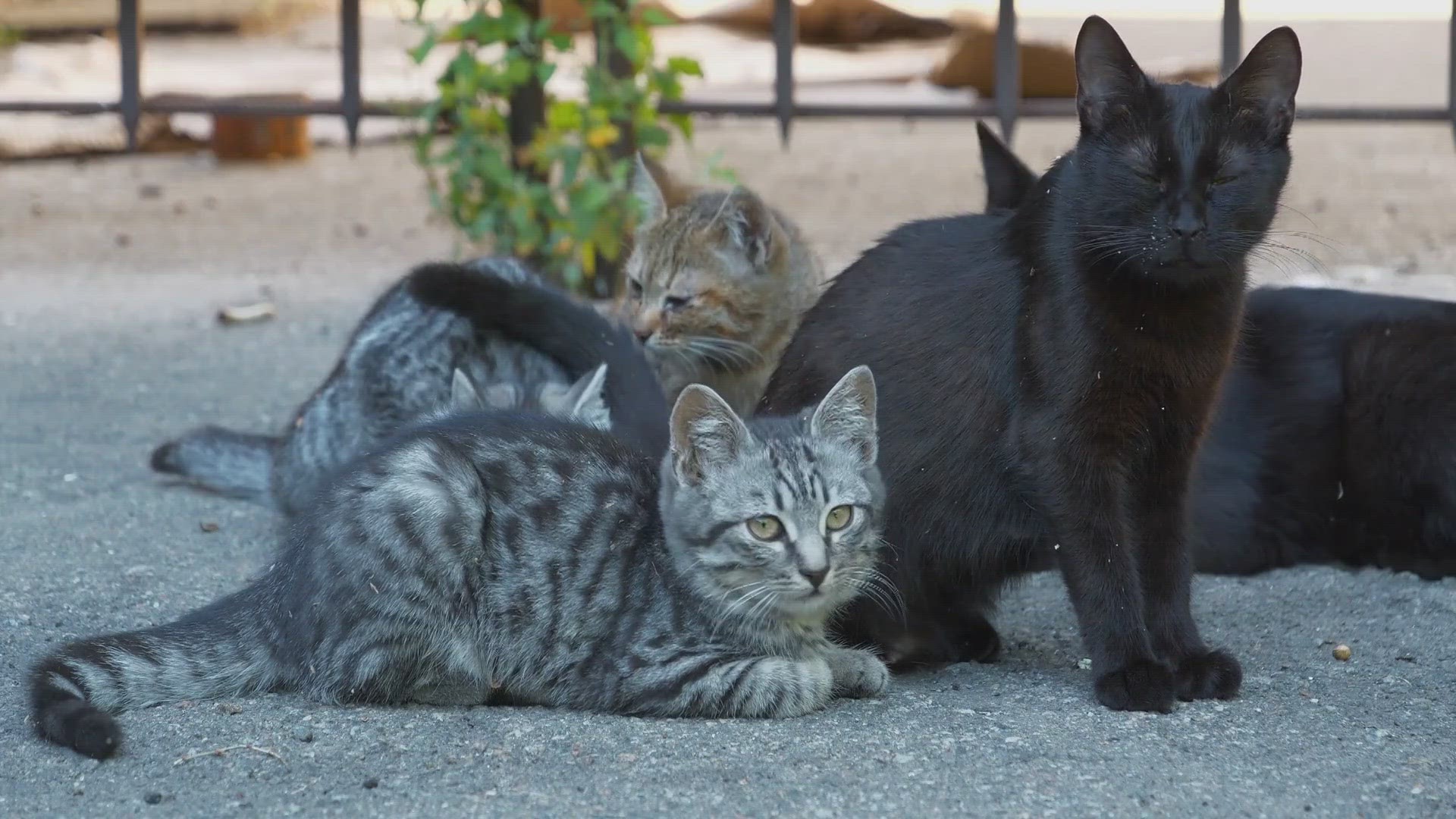CLEVELAND — Nine states including Ohio report dairy cows infected with H5N1 Bird Flu. The good news is cows typically recover from the flu and pasteurization kills the virus in milk.
But many people are concerned if the virus can infect their pet dogs and cats. The answer is yes.
"There have been reports of it in cats in four countries. We're one of them — France, Poland, the U.S., and South Korea," Dr. Alice Jeromin, DVM, says. "Is it running rampant? No."
How is it transmitted? Usually when cats do what they do.
"We feel that our domestic animals are getting this from wild bird droppings or the feral or stray cat that's hanging around your house or barn happens to eat a dead or a live bird," Jeromin explained. "That's when the concern should be present."
While it's deadly to birds, dairy cows seem to fight it off. In pets, there's no specific antiviral treatment available; only supportive care.
If you suspect your pet has bird flu, it's important to alert your vet right away, because they need to take precautions ahead of time. Here are symptoms to watch for, according to Jeromin:
"They can fight it off, but it can also be fatal. More often than not, they'll show signs of depression — they won't want to eat, they're listless, feverish, and it normally lasts five to 10 days, however, some European cases reported lasting up to six weeks.
"There can be neurologic signs where they're walking like they're drunk, having a head tilt, or acting like they can't see. And those cases sometimes go on to be fatal, but the majority of them are just five to 10 days."
Jeromin adds that those who are feeding raw beef, chicken, or wild bird game to their pets should start cooking it, because freezing does not kill the virus. If you tend to walk through wild bird droppings and have indoor house cats, she also advises not to wear your shoes inside, because that can potentially spread the virus, as well.

